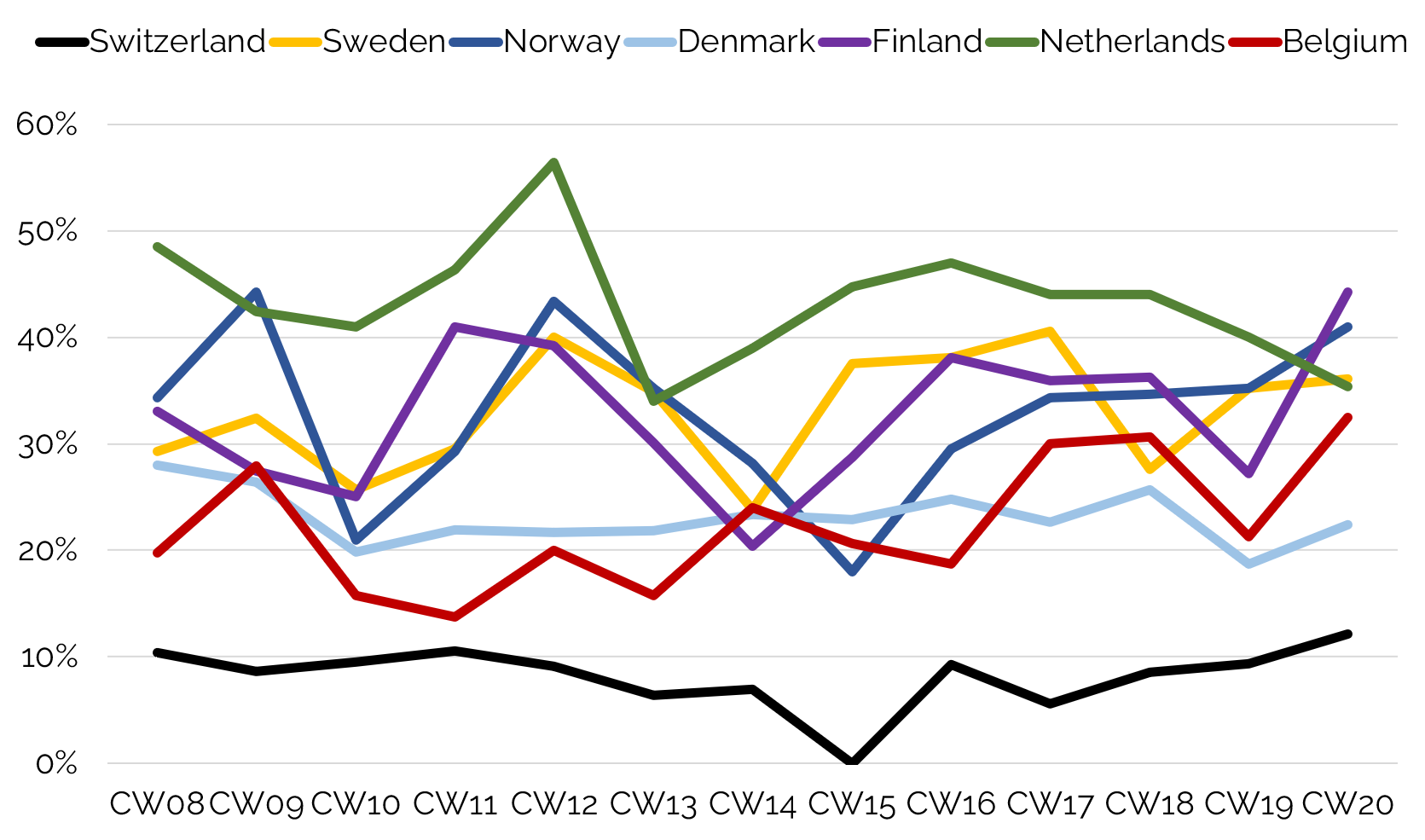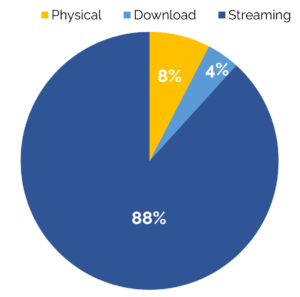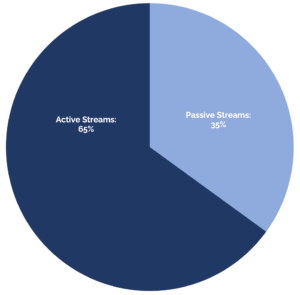Changes in the office
Helen Gebhart hands over the management of SMG to Luc Vallat. In a short interview, the two musicologists talk about their connection to SMG.
After several years dedicated to the direction of the SSM, Helen Geb-hart resigned from her position in order to engage in a doctoral project at the University of Bâle, under the supervision of Hanna Walsdorf. Before taking on the role of Head of SSM, Helen studied musicology at the University of Basel. En 2021, elle avait repris le poste de responsable de la SSM à la suite de Benedict Zemp.
Helen Gebhart is replaced by Luc Vallat. After studying musicology at the University of Fribourg, Luc completed a doctorate at the University of Berne, under the direction of Cristina Urchueguía. Currently a teaching assistant at the University of Geneva and a scientific collaborator on various projects, he has held the position of Head of SSM since May 1, 2024.
At the time of the relay, Helen and Luc are interviewed together. Between souvenirs and projections, the two musicologists talk about their relationship with the SSM.
Helen Gebhart, you have been Managing Director of SMG for the last three years. What was your role within this association?
My work was very varied: I organized the business of the Central Society, such as the Annual General Meeting and meetings of the Central Board, edited the Swiss Yearbook of Musicology, was responsible for RILM Switzerland and wrote articles for the SMZ.
As Managing Director, you led various activities. Which of these has shaped you the most?
I found the publication of the SJM a great job, albeit a challenge. I particularly enjoyed the fact that I was always meeting new people from a wide variety of musical backgrounds.
What have your three years at SMG brought you as a musicologist?
I got to know different research areas and approaches and was able to significantly expand my research and editorial skills. My horizons in music research and working life have broadened considerably as a result.
Now you are starting a new chapter in your career by joining the SNSF research project "The Night Side of Music" as a doctoral student. What is the overarching theme of this project? What will your doctoral thesis focus on in particular?
As the title of the project suggests, we will be looking at music and night in earlier centuries and exploring what "night music" is, such as whether there is a difference to "day music". In my part of the project, I will focus on the city of Basel. You can be curious!
Dear Luc, what has been your relationship with the SSM up to now?
During the realization of my doctorate, I rejoined the Bernese section of the SSM, before becoming vice-president in 2020. In particular, I have an excellent memory of a dance workshop of the Renaissance that we organized in 2021. As editor for the Dictionnaire du Jura, I am also very interested in the Dictionnaire de la musique en Suisse. I am therefore very happy to join the SSM management to invest myself in the multiple facets of this academic society!
SSM is a company more than a centenary. What are the challenges it will have to face in the coming years?
Every association is constantly confronted with the question of maintaining and renewing its members. It therefore seems important to me to take into account the interests of each and every one of them in the activities of the SSM. I am thinking in particular of the new generations of musicologists, the different linguistic regions and even the various study programs and projects in our discipline.






 Streaming platforms have become indispensable for the music markets. The importance of playlists is greatest on the market leader Spotify, but Swiss acts are rarely included in the platform's own playlists because there are no curators who take care of the Swiss offering and repertoire. This is an almost insurmountable hurdle for artists and their labels to generate visibility, streams and ultimately any revenue at all.
Streaming platforms have become indispensable for the music markets. The importance of playlists is greatest on the market leader Spotify, but Swiss acts are rarely included in the platform's own playlists because there are no curators who take care of the Swiss offering and repertoire. This is an almost insurmountable hurdle for artists and their labels to generate visibility, streams and ultimately any revenue at all.
